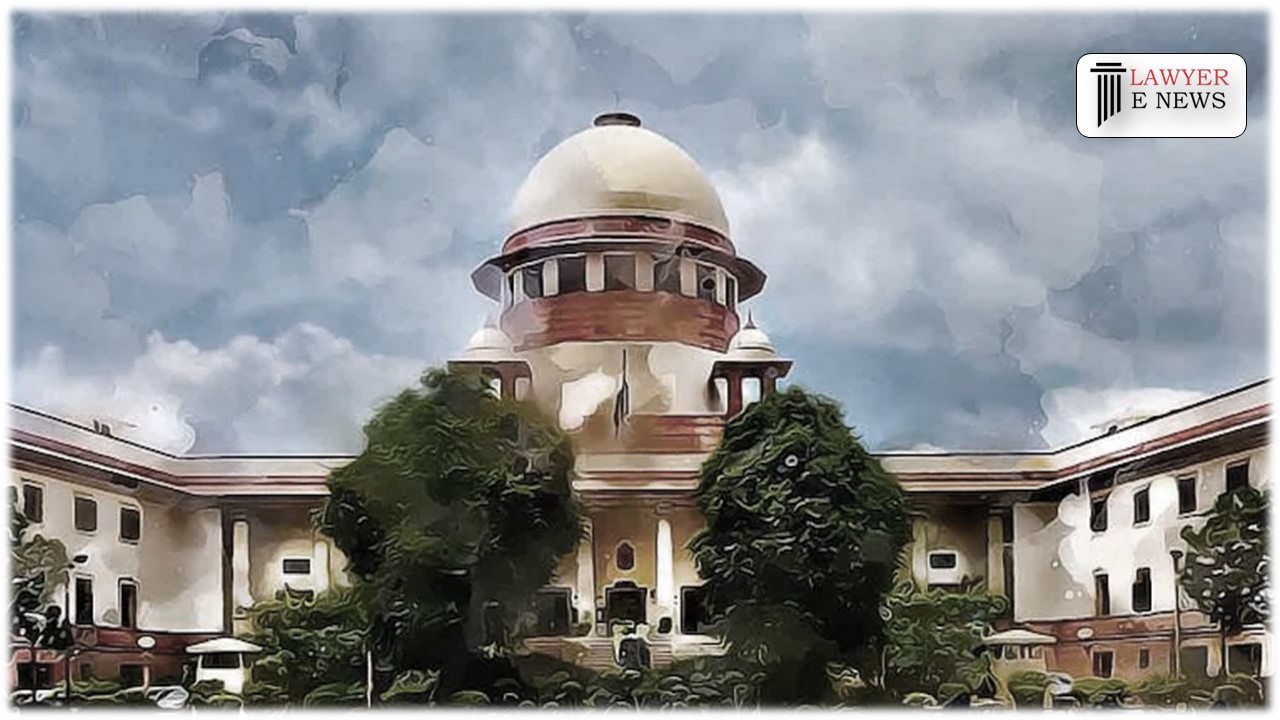-
by sayum
14 February 2026 2:22 PM



High Court’s reduction of interim maintenance overturned, affirming concurrent applicability of Section 125 CrPC and the Muslim Women (Protection of Rights on Divorce) Act, 1986.
In a landmark judgment delivered on July 10, 2024, the Supreme Court of India affirmed the applicability of Section 125 of the Code of Criminal Procedure (CrPC) for maintenance to Muslim women, both married and divorced, regardless of the provisions under the Muslim Women (Protection of Rights on Divorce) Act, 1986. The judgment, delivered by Justices B.V. Nagarathna and Augustine George Masih, emphasized that the two laws provide complementary, rather than exclusive, remedies for maintenance.
The appeal arose from a decision by the High Court of Telangana, which had reduced the interim maintenance payable by the appellant, Mohd. Abdul Samad, to his former wife from INR 20,000 to INR 10,000 per month. This decision followed the appellant’s argument that the 1986 Act supersedes Section 125 CrPC. The appellant had pronounced triple talaq and sought a declaration of divorce, which led to his former wife filing for maintenance under Section 125 CrPC.
Concurrent Applicability of CrPC and the 1986 Act:
The Supreme Court concluded that Section 125 CrPC applies to all married and divorced women, including Muslim women, irrespective of the remedies available under the 1986 Act. Justice Masih noted, “The 1986 Act is not in derogation of Section 125 CrPC but in addition to it, thereby giving a divorced Muslim woman the option to seek maintenance under either or both laws”.
Justice Nagarathna, while concurring with Justice Masih, elaborated that Section 125 CrPC remains a secular remedy aimed at preventing vagrancy and destitution, thus serving a broader social purpose. “A Muslim divorced woman has the right to seek maintenance under Section 125 CrPC despite the enactment of the 1986 Act,” she emphasized, underscoring that the provisions of the 1986 Act are additional remedies.
The Court dismissed the argument that the non-obstante clause in the 1986 Act excludes the applicability of Section 125 CrPC, affirming that the two can coexist. The judgment stressed that any amount awarded under the 1986 Act would be taken into account when determining maintenance under Section 125 CrPC, ensuring no double benefit but adequate provision for the divorced woman.
This ruling fortifies the legal framework protecting Muslim women’s rights to maintenance by affirming the concurrent applicability of Section 125 CrPC and the 1986 Act. It provides clarity on the legislative intent, ensuring that divorced Muslim women are not deprived of their rights under the guise of conflicting laws. This decision is expected to have significant implications, reinforcing the judiciary’s role in safeguarding the rights of women across all communities in India.
Date of Decision: July 10, 2024.
Mohd. Abdul Samad vs. State of Telangana & Another
